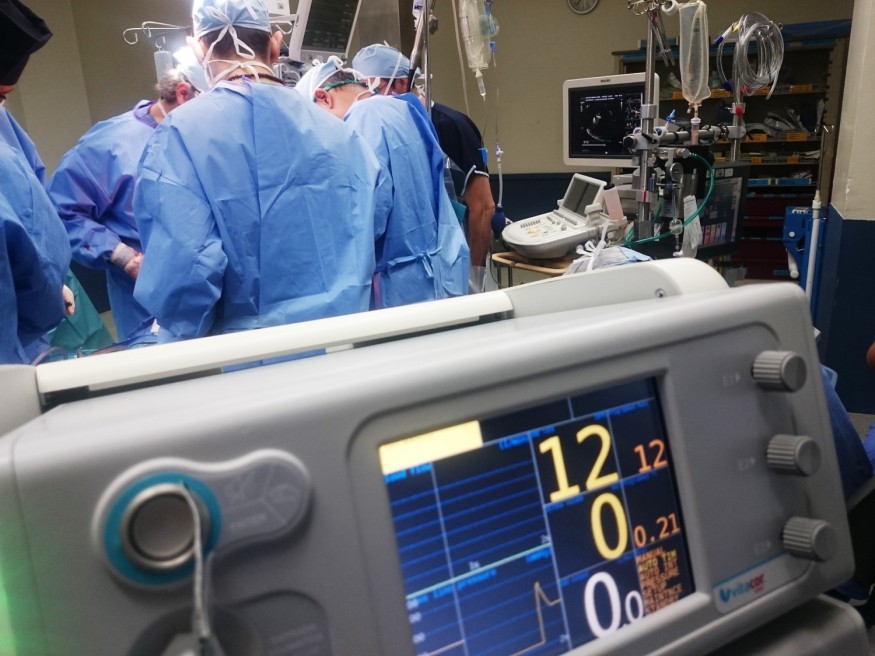How Can Hospital Administrators Avoid Medical Device Failure?

The healthcare industry relies on technology to deliver excellent patient care, and it works for the most part. In the same way most people have had devices fail, hospitals suffer system shutdowns. However, when this happens in a hospital, the consequences can be much more devastating than having to go without a smartphone for a few days. Throughout this article, we take a look at how hospital administrators can avoid medical device failure.
Only Use High-Quality Equipment
Healthcare providers have to source equipment from manufacturers, and there are a lot of choices competing for sales. As with any other device, quality varies drastically between brands, which is why hospital administrators have to conduct research and only use trusted sellers. A great way to do this is by talking with other hospitals and reading reviews online, which will shed light on whether a product works as advertised.
Ensure Only Trained Staff Use Medical Devices
Even when hospitals use the best devices in the business, they're still only as effective as the person using them. Therefore, hospital administrators must ensure that only trained medical staff use devices. If a staff member without the necessary skills attempts to use a device, they may cause harm to patients directly or by taking inaccurate tests.
Follow Regular Maintenance Schedules
Medical device manufacturers provide information on how to keep their tech well-maintained, but it's up to hospital administrators to make sure these tasks are worked into the schedule. If a device is left without the required attention, it's going to lead to serious injuries or deaths that will result in a defective device failure legal claim. In 2023, these issues should be easy to avoid, especially when there are plenty of maintenance management tools out there.
Check The Manufacturer's Warranty
Device failure in hospitals is bound to happen at some point, but it's the responsibility of the hospital administrator to ensure appropriate measures are taken to take the device out of circulation. A part of this is making sure a replacement can be sourced quickly and cost-efficiently. The best place to start with this is the manufacturer's warranty, which should protect against several issues. Therefore, before choosing to buy a piece of equipment, it's always best to read the warranty to make sure it's extensive enough.
Act Swiftly and Remove Defected Devices
Hospital administrators need to think fast in stressful circumstances, and this is an essential skill when it comes to defective devices. As soon as a member of staff reports a problem, they need to remove the device from use and have the equipment repaired or replaced. Additionally, it's important to keep accurate documentation for reporting incidents and solutions, which will be useful in the event of any legal disputes.
Lives are on the line when it comes to the quality of hospital devices, which is why administrators need to have effective processes when sourcing new equipment. Additionally, it's their responsibility to put processes in place for training, reporting, and maintaining.
Subscribe to Latin Post!
Sign up for our free newsletter for the Latest coverage!

















